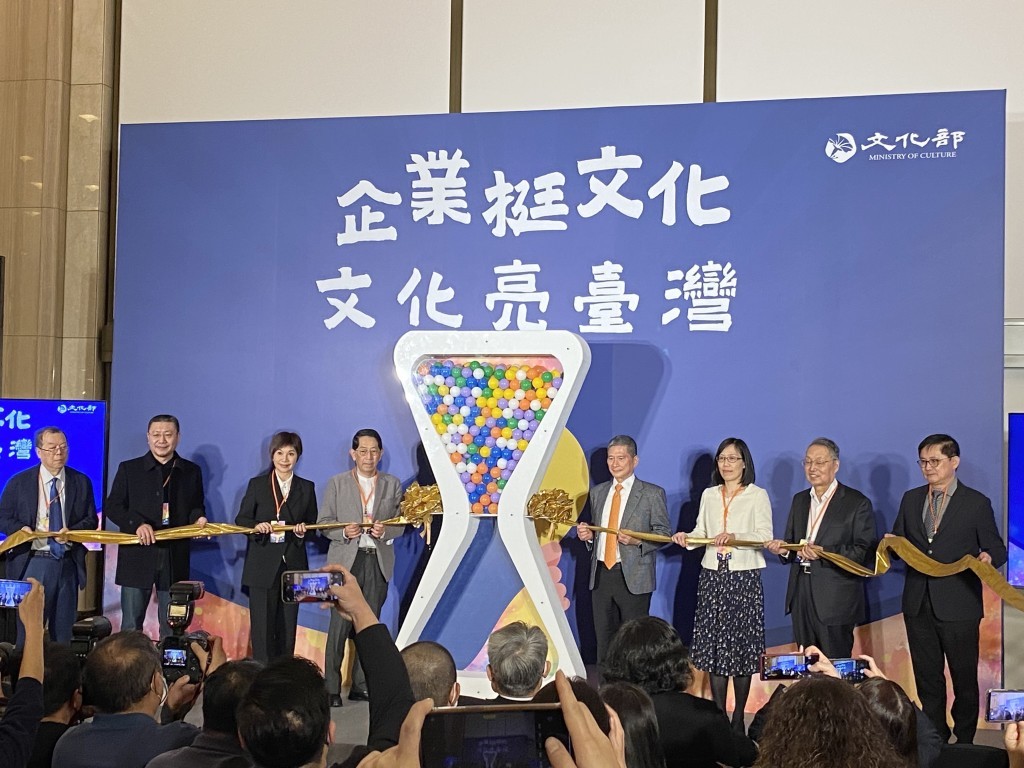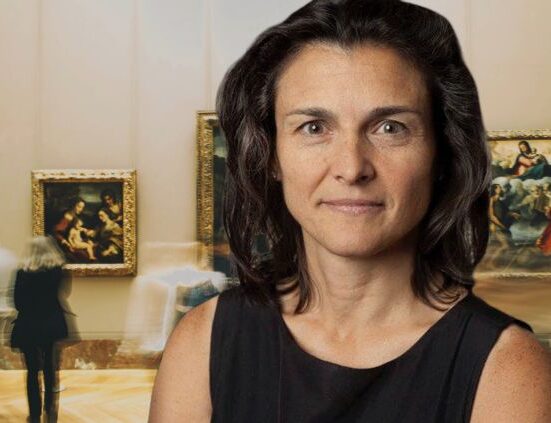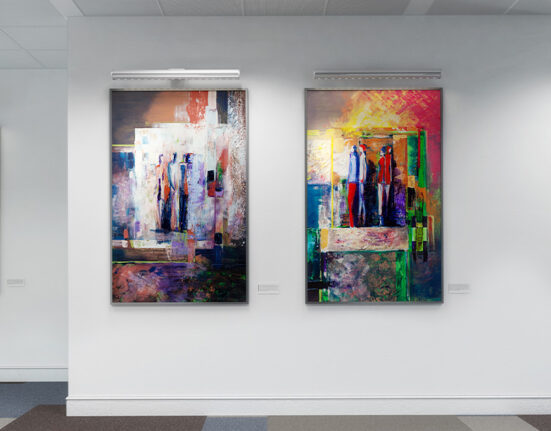TAIPEI (Taiwan News) – Several influential business people showed support for the decision by the Financial Supervisory Commission (FSC) that sponsoring cultural events can be included in their ESG annual reports.
Cultural Minister Lee Yung-te (李永得) announced on Monday (Jan. 9) that the FSC starting this year will now credit companies that sponsor art events as part of “ESG Enterprises Sustainable Development.” He estimated companies would pour around NT$8 billion (US$262 million) into the arts by 2024.
Lee explained that in annual ESG reports, companies that sponsor art and cultural events will earn extra points in the category of “ESG Enterprises Sustainable Development.” This is an incentive for companies to dip their toes in the art world, which may be somewhat foreign territory for them.
The idea of encouraging businesses to invest in the nation’s cultural industries came from Taiwan National Performing Arts Center’s (NPAC) Chairman Henry Kao (高志尚). In a press event last year, Kao proposed listing investments in the art industry should count as a credit for ESG reporting.
At Monday’s press conference, Kao said he told Lee months ago that over 1,000 companies had not yet provided their annual ESG reports. Kao, I-Mei Foods Co. chairman and symphony orchestra lover, told Taiwan News that he will continue supporting musical development, such as inviting international musicians to give lessons at schools in Taiwan.
A number of important businessmen appeared at the press conference to support the change, including Acer Co-Founder Stan Shih (施振榮), Pegatron Chairman Tung Tzu-hsien (童子賢), and Powerchip Semiconductor Chairman Frank Huang (黃崇仁).
Shih, who invested in the digital art space “Ambi Space One” in Taipei 101, said that he would discuss with the Ministry of Culture how to best distribute vouchers to his employees in order to stimulate the art business.
Meanwhile, Tung pointed out that the Nigerian film industry, now known as “Nollywood.” had an output value reaching US$6 billion last year. “As there are options from Hollywood and Bollywood, why do Nigerians insist on making their own movies? Because every nation needs their own way to express emotions and tell their stories.”
However, Tung emphasized that it is crucial to use resources wisely, as Taiwan tends to invest relatively more money on hardware than content production. He hoped the nation would no longer only be famous for its semiconductor manufacturing, but for its creative work as well.







